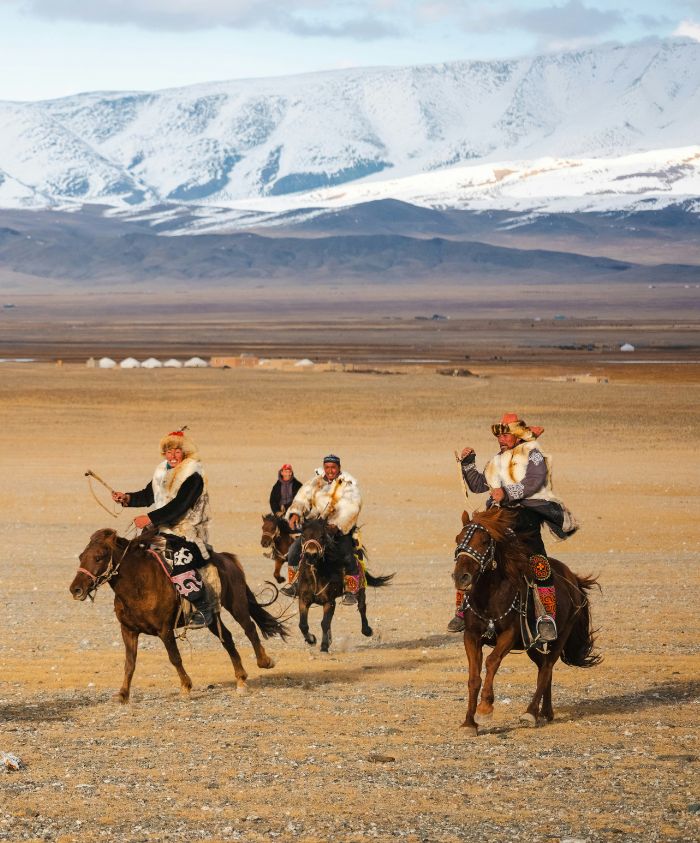For those looking to unearth the real Japan, beyond the cherry blossoms and bustling Tokyo streets, venture to East Hokkaido to discover some of the country’s wildest and least-explored landscapes. This isn’t like the Japan celebrated in popular culture. Instead, you will be based in Teshikaga, a beautiful town surrounded by deep forests and glistening water. Home to some of the clearest lakes in the world, historic hot springs, and the volcanic Mount Iō, you’ll experience it all from TAPKOP – a newly opened private villa. Made using salvaged larch wood, you’ll feel fully immersed in nature, setting the scene for your trip.
Shiretoko National Park
Shiretoko National Park – meaning ‘end of the world’ in the indigenous Ainu language – is the definition of untouched nature. This staggeringly beautiful UNESCO World Heritage site is so protected that it’s only accessible by foot or boat (or not at all), but the latter is the best way to take it all in.
The driving force behind any visit here is higuma – the Ussuri brown bear – as the area has one of the highest brown bear population densities in the world, with an estimated 300-500 bears living in 1000 square km of land. By boat, you’ll cruise the shores passing several waterfalls in the hopes of catching sight of a bear fishing or ambling with a cub in tow, with glimpses of the Shiretoko mountain range and the active Mount Iō volcano in the distance.
Hop off board and explore the National Park now by foot as you hike the popular Five Lakes walk. Mesmerizing scenery unfolds as you traverse the landscape, with unique flora and fauna including indigenous deer that roam the park.
After a day exploring, come back to your villa and unwind in the sauna or the outdoor bath in the forest air, soaking in underground water from the Kushiro River.






















